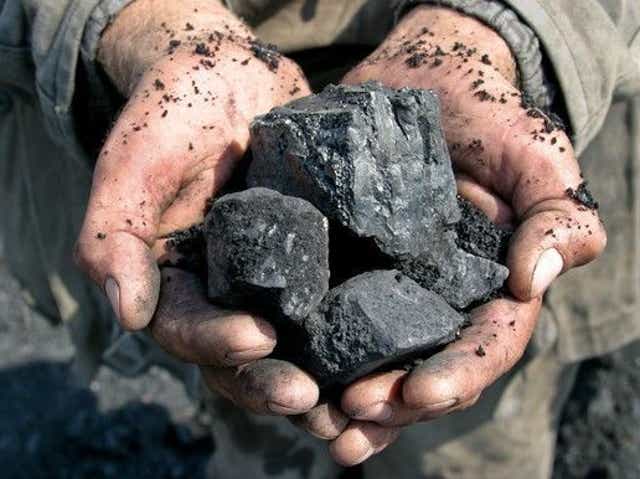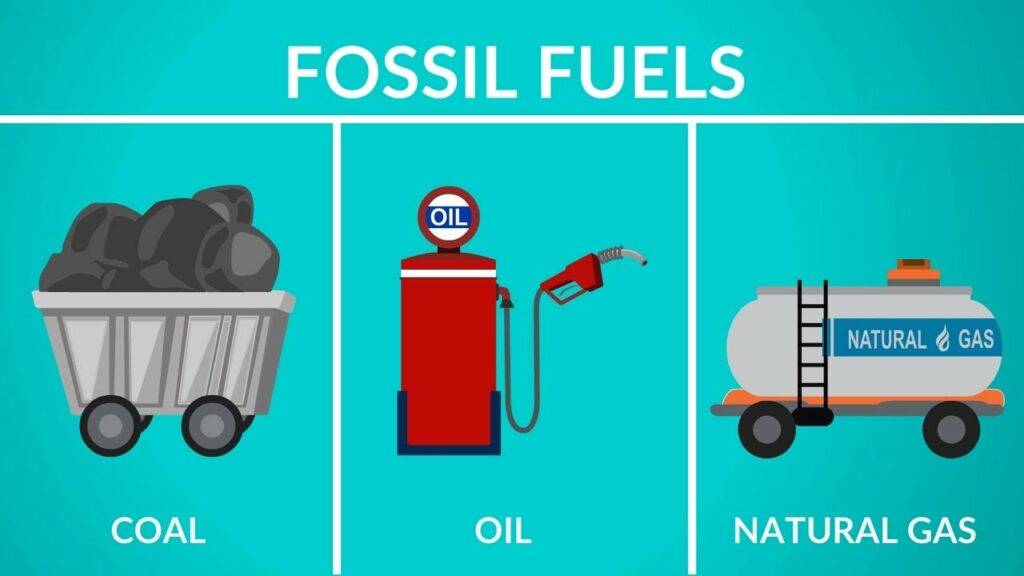Fossil fuel, any of a class of hydrocarbon-containing substances of biological origin happening within Earth’s crust, can be utilized as an energy source. Nowadays, various renewable energy sources are available for use, for instance, water, solar, and wind energy. We still obtain most of our energy from non-renewable energy sources, generally known as fossil fuels. The non-renewability of these sources will apparently make prices rise up to a limit where they are no longer economically achievable. Here, we are going to introduce various sources of fossil fuels.
Before going through the types of fossil fuels, let’s take a look at the definition and nature of fossil fuels first.

What are Fossil Fuels?
The most significant usage level in today’s world is fossil fuel. They are the best supporters of people. Fossil fuel is a term employed to describe a combination of power sources generated by natural methods such as the anaerobic disintegration during the Carboniferous age millions of years ago. Throughout this age, the world was covered with swamps overflowing with plants and organisms. When these plants and organisms disappeared, they sunk to the bottom section of these oceans and wetlands.
The use of these fossil fuels is progressing at a prominent rate which suggests while we have used up all of these sources, we need to rely on other sources of energy such as hydropower, wind, and solar to satisfy our daily demands. This seems quite frightening, but yes, this is the truth. Although fossil fuels have their interests, the destruction that they make to the world can impact the entire ecosystem. This world has no alternative but to utilize the existing fossil products until researchers come out with a process that can produce energy at the same rate without harming the planet.
Different forms of fossil fuel form depending on a combination of features, including organic matter, temperature, pressure, and time conditions in the decomposition case. Three principal types of fossil fuels exist today; natural gas, petroleum, and coal. Most of the coal we employ in the modern-day was formed roughly 300 million years ago. During those years, a massive percentage of the world contained steamy swamps. As the plants and trees died, their bodies were collected at the bottom section of the wetlands, resulting in excellent plant substance layers. The layers of plants ultimately produced a soggy, thick substance proposed as peat.
It’s pretty challenging to side with fossil products in recent years as they are talked against now and then by researchers, environmental activists, and ordinary citizens. Only profiting businesses explain thriving fossil fuels. In truth, fossil products have some upsides that significantly come up in disputes.
What are the Types of Fossil Fuels?
There are three primary fossil fuels: coal, petroleum, and natural gas. Coal is economical and plentiful, but it discharges a lot of pollutants when burned. Petroleum, or crude oil, is more challenging to discover and is typically a bit cleaner-burning. It can be pumped through pipelines, unlike coal, and can simply be refined into fuels like kerosene or gasoline. Natural gas is also comparatively economical and less polluting than coal and crude oil.
Fossil fuels are found underground, confined in deposits enclosed by layers of rock. Coal beds usually lie 200 to 300 feet beneath the surface. Oil and natural gas deposits are commonly a mile or two down, and the deepest gas and oil wells have reached more than six miles underneath the surface.
In what follows, we are going to describe each mentioned type of fossil fuels more elaborately.
Coal
Coal is a solid fossil fuel created over millions of years by the decay of land plants. Deposits are converted into coal when layers are compacted and then heated over time. Coal is relatively plentiful compared to the other two fossil fuels. Geologists sometimes foretell that worldwide coal usage will rise as oil supplies become more limited. Current coal stocks could last for 200 years or more. Coal is regularly extracted in mines. Since the 20th century, coal employment has doubled. Since 1996 its application is failing again. Many growing countries depend on coal for energy requirements because they cannot provide oil or natural gas.

Petroleum
Oil is a liquid fossil fuel created from the remains of marine microorganisms accumulated on the seafloor. After millions of years, the deposits end up in sediment and rock, where oil is confined in small spaces. Large drilling platforms can extract it. Oil is the most broadly used fossil fuel. Crude oil consists of various organic composites which are converted into products in a refining process. It is utilized in cars, roads and roofs, jets, and many others. Oil cannot be located everywhere on earth, so there have been conflicts on oil supplies. A well-known model is the Gulf War of 1991.

Natural Gas
Natural gas is a gaseous fossil fuel that is abundant, versatile, and comparatively cleaner than oil and coal. Like oil, it is created from the remains of marine microorganisms. It is almost a novel type of energy source. Until 1999, more coal was applied than natural gas. Natural gas has now passed coal in developed countries.
Nevertheless, people are afraid that, like oil, natural gas stocks will run out. Some scientists have even foretold this might occur by the middle or end of the 21st century. Natural gas principally consists of methane (CH4). It is extremely compressed in small volumes at substantial depths in the earth. Like oil, it is delivered to the surface by drilling. Natural gas resources are more equally spread around the globe than oil supplies.




